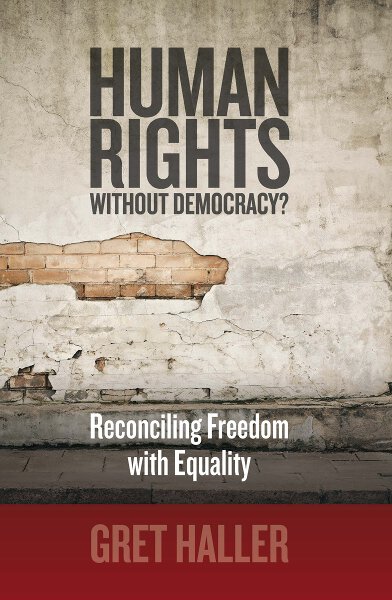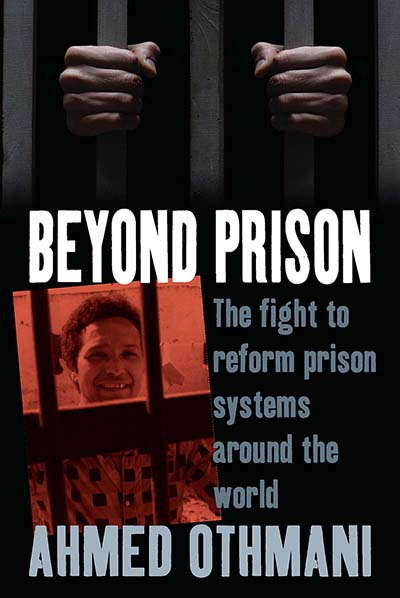
See Related
History JournalsEmail Newsletters
Sign up for our email newsletters to get customized updates on new Berghahn publications.
Human Rights Without Democracy?
Reconciling Freedom with Equality
Gret Haller
Translated from the German by Cynthia Klohr
180 pages, bibliog., index
ISBN 978-0-85745-786-8 $135.00/£104.00 / Hb / Published (December 2012)
eISBN 978-0-85745-787-5 eBook
Description
Do Human Rights truly serve the people? Should citizens themselves decide democratically of what those rights consist? Or is it a decision for experts and the courts? Gret Haller argues that Human Rights must be established democratically. Drawing on the works of political philosophers from John Locke to Immanuel Kant, she explains why, from a philosophical point of view, liberty and equality need not be mutually exclusive. She outlines the history of the concept of Human Rights, shedding light on the historical development of factual rights, and compares how Human Rights are understood in the United States in contrast to Great Britain and Continental Europe, uncovering vast differences. The end of the Cold War presented a challenge to reexamine equality as being constitutive of freedom, yet the West has not seized this opportunity and instead allows so-called experts to define Human Rights based on individual cases. Ultimately, the highest courts revise political decisions and thereby discourage participation in the democratic shaping of political will.
Gret Haller is a lawyer, politician, and author. In 1987 she became a member of Swiss parliament and in 1993/94 was its Speaker, as well as a member of the Parliamentary Assemblies of the Council of Europe and OSCE. She has served as Swiss ambassador to the Council of Europe and from 1996 to 2000 was OSCE Human Rights Ombudsperson for Bosnia and Herzegovina in Sarajevo. The University of St. Gallen awarded her an honorary doctorate for her work in human rights. Her publications include Limits of Atlanticism: Perceptions of State, Nation and Religion in Europe and the United States (2007) and Menschenrechte und Volkssouveränität in Europa. Gerichte als Vormund der Demokratie? (with Klaus Günther adn Ulfrid Neumann, Campus Verlag 2011).

